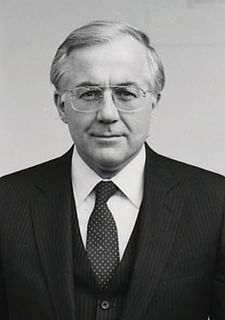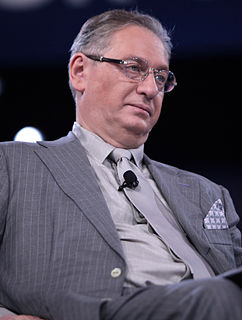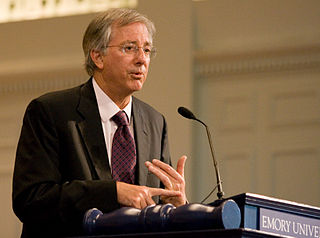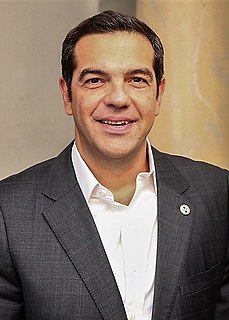A Quote by Richard V. Allen
The Reagan Administration, generally regarded as having conducted the most successful Transition of modern times, had managed during the election campaign to build bridges to the Democrats in some areas, notably foreign and national security policy.
Related Quotes
The fact that some former national security officials challenge the policy wisdom of the order, while other national security officials - most notably those of this [Donald Trump's] administration - support it, merely demonstrates that these are policy disputes that the judiciary is both ill-equipped and constitutionally barred from arbitrating.
It was simply impossible to support Carter for reelection in 1980 and easy for me to support Reagan. The Reagan campaign was happy to have Democratic support, and the Reagan administration was happy to have Democrats in it; they took the view that, after all, Reagan himself had been a Democrat, so it was not a strike against you.
I spoke with Gerhard Schröder about a lot of things, including foreign policy. Schröder knows how important European policy is to me personally. I have worked together with Angela Merkel on European policy for many years, so I was surprised when Volker Kauder who has little experience in European policy, claimed that I had not represented German interests in Europe. That's an example of how the conservatives conduct an election campaign.
A group of national security experts, military intelligence experts, issued a very concerning statement about Senator Bernie Sanders's views on foreign policy and national security, pointing out some of the comments he has made on these issues, such as inviting Iranian troops into Syria to try to resolve the conflict there; putting them right at the doorstep of Israel.
John Kerry and the other Democratic leaders are on the wrong side of history, as they were during the Reagan presidency. If they had won the day, and Reagan had failed, the Soviet Union would still exist, as would all the harm and suffering it unleashed, and American security would be far weaker as a result. And if they win this election thanks to a promise to undo the Reagan-Bush Doctrine, those cheering loudest will be the most evil-loving among us.
Perhaps the seemingly never-ending quest by Democrats to delegitimize the will of the American people and the election of Trump as president was really designed to distract from what we now know to be true: In 2016, the only presidential campaign that colluded with foreign nationals, Russia included, was the Clinton campaign.
The Bush administration actually started out with an open mind towards Iran, by all indications. In fact, early in the administration, the White House tasked the various agencies of government to do an inter-agency review of Iran policy, as it did with Iraq policy and most of the big areas of the world.
Since the Donald Trump election, which has involved this administration making direct attacks on press freedoms, you're actually seeing a certain amount of rallying and reinvigoration by the national press in terms of covering national issues and the presidency. The Washington Post and The New York Times, Mother Jones, ProPublica and a lot of other places, they've actually done some really strong work when confronted with this administration. But the resources that you used to have at state and local level aren't there anymore.



































